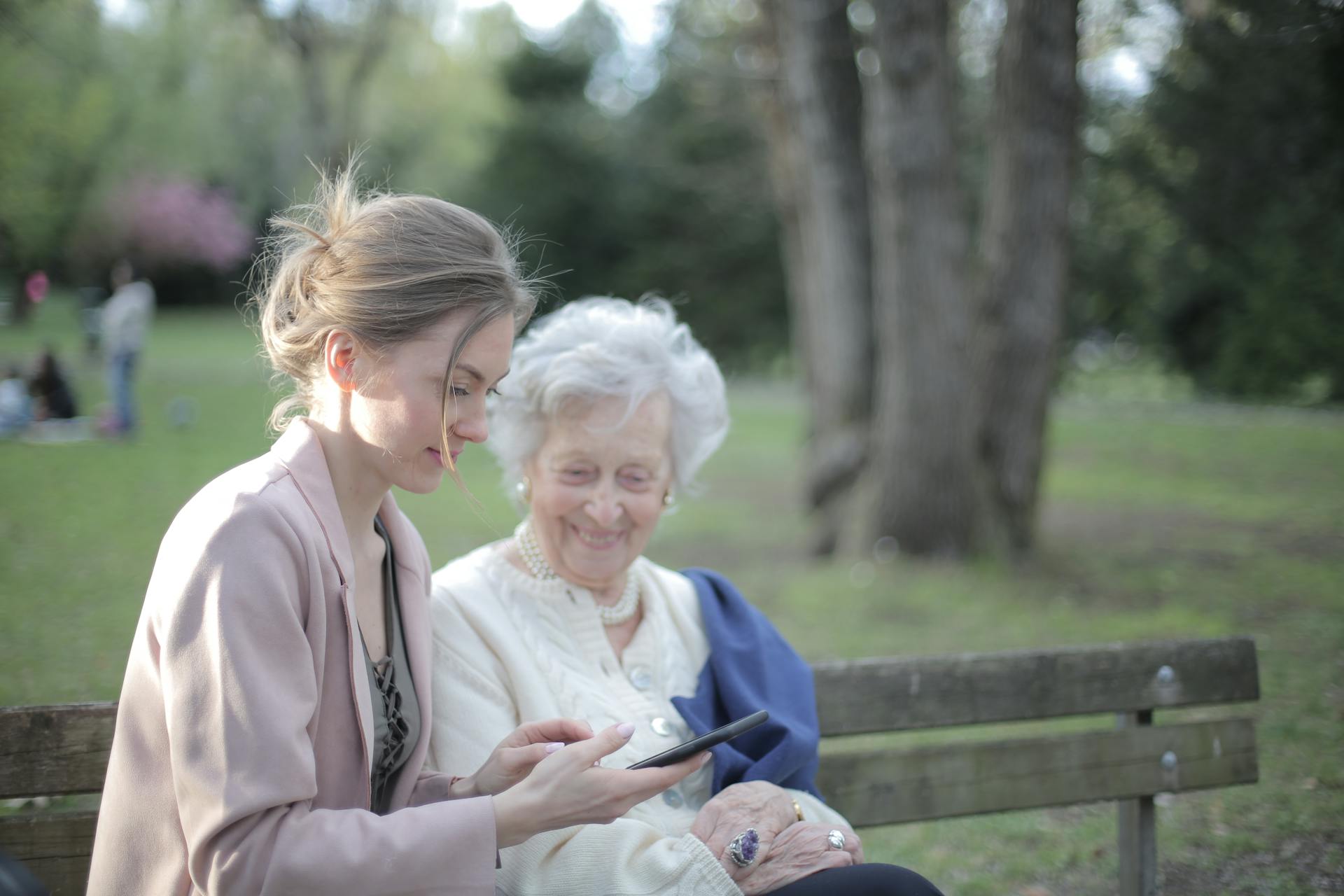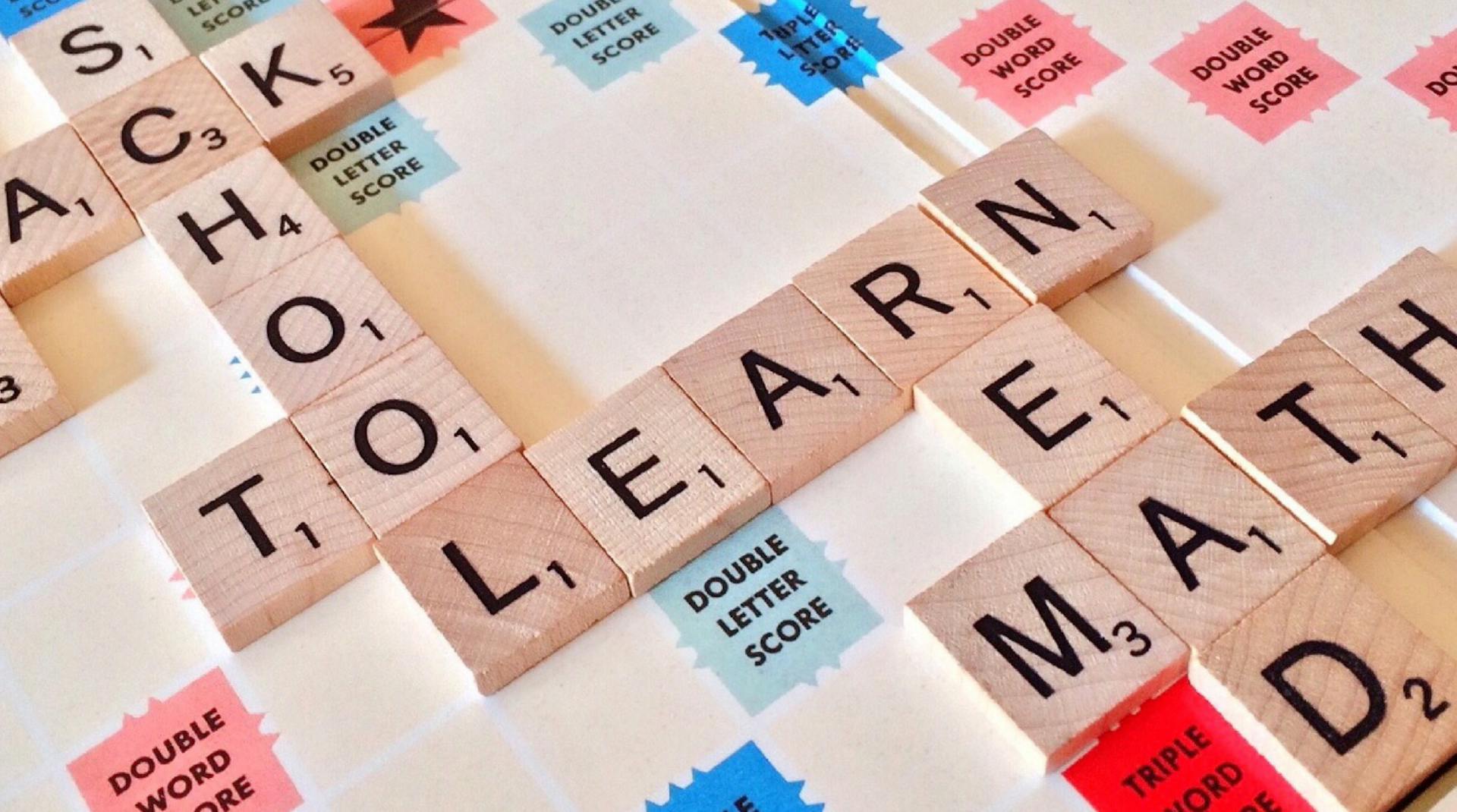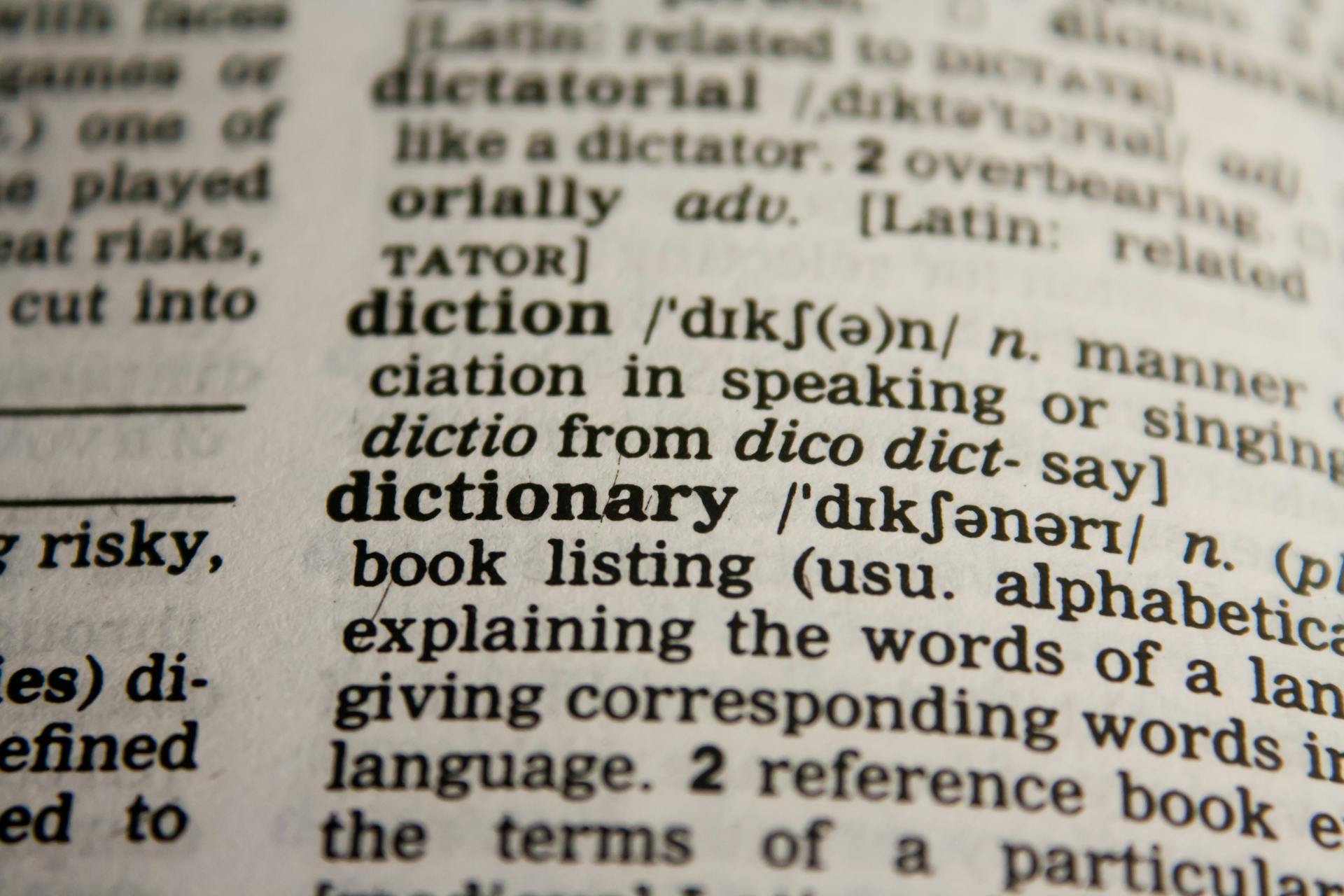
If you're learning English, then you know how important grammar is for speaking, understanding, and reading the language. One essential and important part of speech learning is mastering the smaller categories like English relative pronouns. Don't worry; wait, don't run away! I promise this blog post will make it easy to understand!
English relative pronouns are small words that have big meanings when it comes to forming clauses in sentences. These pronouns help connect ideas and show relationships between nouns and other parts of a sentence. In this article, we'll explore five must-know English relative pronouns with video examples to help you improve your grammar skills. And as an extra bonus, we've included a portable PDF for you to copy and download so that you can practice on-the-go!
Readers also liked: Benefits of Learning English
Discovering the Definition of Pronouns: An Overview
English relative pronouns are an essential part of English language. They serve as a substitute for previously mentioned nouns to avoid repetition in sentences. The main reason for using relative pronouns is to make our language more concise and easy to understand. For example, instead of saying "I met Alex. Alex is my friend who loves practicing yoga," you can say "I met Alex, who loves practicing yoga." This sentence saves time and makes it easier for the reader or listener to understand.
A great yoga teacher Kelly, whom I met last week, introduced me to the concept of using English pronouns correctly. As I was practicing yoga, Kelly suggested that I should pay attention to my language use as well. She explained how using proper English pronouns can enhance communication skills and improve overall clarity in speech or writing.
Learning about English relative pronouns has been a significant discovery for me. Now that I have a better understanding of their function and usage, I feel more confident in my ability to communicate effectively. Whether it's writing emails or speaking with friends, using English pronouns correctly can make all the difference in getting your message across clearly and efficiently.
Additional reading: English Language Subject Verb Agreement
1. Personal
When it comes to talking about people, English relative pronouns can come in handy. For example, let's say Blake loves to play golf. We can use the relative pronoun "who" to connect the two ideas: "Blake, who loves to play golf." This adds more detail and clarity to our sentence. Other options for connecting ideas about people include "whom," "whose," and "that."
But that's not all! English relative pronouns can also be used to talk about things and concepts. Stay tuned for more information on how we can use these versatile words in our writing.
Choosing between 'who' and 'that' - A simple guide
Choosing between 'who' and 'that' can be a trickier subject for some writers. In general, 'who' is used to refer to specific people, while 'that' is used for things or non-specific people. However, there are situations where both can be used interchangeably.
Some style guides recommend maintaining a clear distinction between the two, while others argue that it's not always necessary. For a long time, using 'that' to refer to people was considered wrong by many authorities. But a preliminary survey shows that this rule is not strictly followed in modern English usage.
So how do you choose? If you're referring to a specific person or group of people, use 'who'. If you're referring to something or an unspecified person or group of people, use 'that'. However, don't worry too much about getting it perfect every time – as long as your meaning is clear, either option can be acceptable in most cases.
Relative vs. interrogative pronouns
Relative pronouns are a type of pronoun that are used to connect relative clauses to main clauses. These clauses provide extra information about the subject, object or other parts of a sentence. English has five main relative pronouns: who, whom, whose, which and that. They are incredibly useful when describing people or things in detail.
Relative clauses can often be identified by the relative pronouns they contain. For example, "The book that I read last night was very interesting" contains the relative pronoun "that". In this case, the relative clause provides additional information about the book - specifically, which book it is.
If you're stuck trying to figure out whether to use a relative or interrogative pronoun in your writing, here's a quick tip: interrogative pronouns are used to ask questions (e.g. "Who took my phone charger?"), while relative pronouns are used to add extra information to sentences (e.g. "The person who took my phone charger is in big trouble"). By keeping this distinction in mind, you'll be well on your way to using these types of pronouns correctly in your writing.
Consider reading: English Descriptive Writing
Relative pronouns: when, where and why

Relative pronouns are an essential part of English grammar. They are used to connect two different clauses in a sentence and provide more information about a noun or pronoun. The most commonly used relative pronouns are "who," "whom," "whose," "which," and "that." These pronouns can be used to introduce defining relative clauses, which give us more information about the subject of the sentence. Knowing how and when to use relative pronouns is crucial in mastering formal or informal language. Additionally, they can also be used to indicate time, place, or reason with the words "when," "where," and "why." Overall, understanding relative pronouns is important for anyone looking to improve their English writing skills.
Check this out: German Sentence Structure
Common Mistakes With Relative Pronouns
If you're a bit rusty on your grammar, or new to English, there's a good chance you might make some mistakes with relative pronouns. One of the most common mistakes is using "that" instead of "who" or "whom" when referring to people. Another mistake is using "which" instead of "that" in defining relative clauses. To avoid these errors, it's important to understand the differences between the various types of relative pronouns and how they are used.
Non-defining relative clauses can also cause confusion for many learners of English. These are clauses that provide additional information about a noun, but are not essential to the sentence's meaning. They are usually set off by commas and use "who", "whom", or "which". It's important to remember that non-defining relative clauses can be removed from the sentence without changing its meaning.
To make sure your sentences are easily understood, it's important to choose the right relative pronoun for the job. Take this example: "She's written some great cookery books which have delicious-looking recipes." Here, we should use "that" instead of "which", since this is a defining clause rather than a non-defining one. By paying attention to these small details, you'll be able to communicate more clearly and effectively in English.
Additional reading: Esl English Grammar Mistakes
Discover the Power of Relative Pronouns with 'Which'

Relative clauses can be quite tricky to master, but they are essential in English writing. Fortunately, relative pronouns such as "which" make it easier to introduce defining and non-defining relative clauses. These clauses help clarify the noun being referred to or provide additional information about it.
Defining relative clauses are essential because they limit the meaning of a sentence. These types of clauses cannot be removed without changing the meaning of the sentence. On the other hand, non-defining relative clauses provide extra information that is not necessary for understanding the sentence's primary meaning. For example, "The afternoon, which was sunny and warm, was perfect for a picnic." Here, "which" introduces a non-defining relative clause about the afternoon's weather.
Knowing when to use defining and non-defining relative clauses can be challenging because it requires careful consideration of punctuation and context. However, mastering them is crucial for effective communication in English writing. So don't let a bad back keep you from learning how to use these important grammar tools effectively!
You might enjoy: Writing Letters in English
1. Which + prepositions
Which prepositions should you use when using English relative pronouns? This is an important question to ask, especially if you're a non-native speaker trying to improve your language skills. In English, there are several prepositions that can be used immediately after a relative pronoun, such as "which" or "that".
For example, if you want to describe a specific object in more detail, you can say "The famous Rudston Stone, which is located in the village of Rudston, is one of the largest standing stones in England." Here, the preposition "which" is followed by the additional information about the stone's location. It's important to note that this construction creates a relative clause that adds more details to your sentence.
If you're interested in learning more about English relative pronouns and how to use them correctly, consider taking an English course during the autumn term. This will give you an opportunity to meet current staff and practice speaking and writing in English. Remember that using the correct preposition immediately after a relative pronoun can make all the difference in communicating clearly and effectively.
Expand your knowledge: More Americans Are Using Slang
2. Which referring to a whole sentence
Relative clauses are important in the English language as they add more information to a sentence. They start with a relative pronoun, and one of the most common ones is 'which.' This pronoun is used when referring to a whole sentence or clause that comes before it.
For example, "I watched the movie last night, which was really good." In this sentence, 'which' refers to the whole sentence that came before it, meaning the speaker enjoyed watching the movie. It's important to note that 'which' is only used for non-essential information or phrases that could be removed from the sentence without changing its meaning.
Overall, understanding the use of relative clauses referring to whole sentences can greatly improve your writing and communication skills in English. Keep practicing and using them correctly, and you'll be able to convey your thoughts more clearly and effectively.
The battle of who and whom: Which one should you use?
The battle between "who" and "whom" has been a long-standing issue in English grammar. While the two words are often used interchangeably, there is actually a difference in their usage. "Who" is a subjective pronoun, meaning it is used when referring to the subject of a sentence. On the other hand, "whom" is an objective pronoun, used when referring to the object of a sentence.
In most cases, the use of "who" or "whom" may not make much difference in everyday conversation. However, in academic writing or formal situations, it's important to pay attention to these nuances. For instance, if you're writing an essay about your neighbor Jamil, you would say: "Jamil, who lives next door, is a great guy." But if someone asked you: "Whom did you see at the party last night?" You would respond: "I saw Jamil at the party last night."
It's true that the distinction between "who" and "whom" is rarely observed in everyday conversations. However, it's important to remember that good grammar skills can make a big difference in how others perceive us. Using these pronouns correctly not only makes our sentences clearer but also demonstrates our proficiency in English language usage. So next time you're unsure which one to use, take a moment to think about whether you're referring to the subject or object of your sentence!
You might enjoy: The Writing Systems of Persian
Frequently Asked Questions
What are the relative pronouns of English?
The relative pronouns of English are who, whom, whose, which, and that. They are used to introduce a subordinate clause that describes a noun or pronoun in the main clause.
Do relative pronouns have a comma?
Relative pronouns are typically used to introduce a subordinate clause, and they don't usually require a comma before them. However, if the clause is non-restrictive or if there are multiple clauses involved, commas may be necessary.
How many relative pronouns should I introduce at a time?
It is recommended to introduce only one relative pronoun at a time in a sentence to avoid confusion and ensure clarity.
Can the relative pronoun be omitted in the object position?
Yes, the relative pronoun can sometimes be omitted in the object position, especially when it is referring to people. However, it depends on the context and structure of the sentence.
What is a relative clause in English?
A relative clause in English is a type of dependent clause that begins with a relative pronoun (such as who, whom, whose, that, or which) and provides additional information about a noun or pronoun in the main clause.
Featured Images: pexels.com


